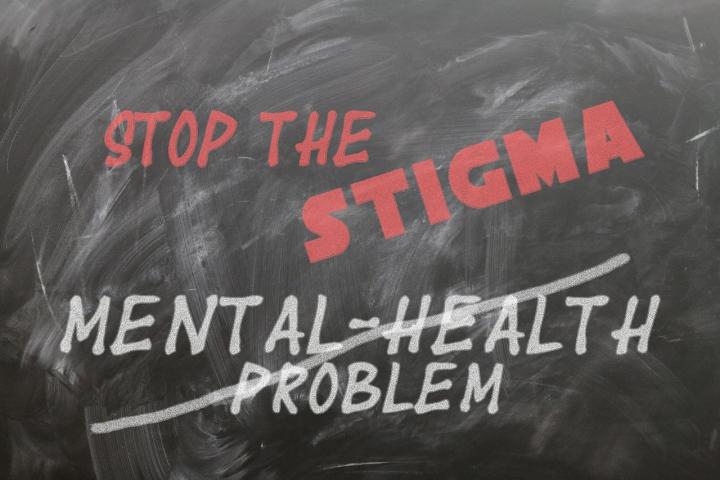
The shocking statistics about the mental health of veterinarians are widely known: veterinarians are between 2 and 4 times more likely than the general population to have thoughts of or commit suicide. Likewise, between 1 in 5 and 2 in 3 veterinarians suffer from major depression, which is an established risk factor for suicide. Yet only 32% of American veterinarians somewhat or strongly agree that people are caring towards others with mental illness, compared to 60% of adults in the general population.
This surprising statistic comes from a study performed in conjunction with the United States Centers for Disease Control and Prevention (CDC), which surveyed more than 11,000 currently practicing veterinarians in the USA (approximately 10% of the veterinary workforce). The survey highlighted how different the attitudes among veterinarians are towards mental health and treatment for mental illness compared to other US adults. Based on this survey, it is clear that a stigma regarding mental health is prevalent among veterinarians. But what is the reason for it?
It is possible that veterinarians see mental illness as a weakness. Veterinarians are firmly entrenched as care givers, which makes asking for help a seemingly difficult task. Many veterinarians might feel the need to work through challenging emotions or situations on their own or perhaps having asked a colleague or co-worker previously for help they were told to “tough it out”.
As veterinarians, we also see a lot of problematic clients (so-called “crazy clients”) who have unrealistic expectations, unpredictable moods, and downright difficult behaviors to cope with. It is likely that many of our clients also have mental health disorders that they are dealing with. Could it be that we think others will consider us “crazy” too if we mention our own mental health struggles?
Another factor in veterinarians not wanting to discuss their mental health problems or seek professional help is the concern that their health and/or liability insurance will be compromised. I have heard stories from veterinarians who have been unable to obtain liability insurance from companies after they disclosed their mental health conditions. Likewise, after I was treated for depression during my residency training, when I switched health insurance companies I was told that I would not be covered for my “pre-existing” mental health condition. Situations like this can be frustrating and embarrassing and lead us to want to ignore or deny our mental health woes.
Clearly, efforts are needed at the beginning of the veterinary medical curriculum to reduce the perceived stigma towards those with mental illness. When I speak to veterinary students on the topic of wellness, I share these statistics, as well as my own story about my struggles with depression and anxiety, in order to normalize mental health concerns within our profession. It is only by talking about our experiences and sharing our stories that we might remove the stigma and seek the help that we so desperately need.
Marie K. Holowaychuk, DVM, DACVECC is a small animal emergency and critical care specialist and certified yoga and meditation teacher who also has an invested interest in the health and well-being of veterinary professionals. She organizes Veterinary Wellness Workshops & Retreats for veterinarians, technicians, and other veterinary care providers. To sign up for newsletters containing information regarding these events and veterinary wellness topics, please click here. More information can be found at www.criticalcarevet.ca/wellness.